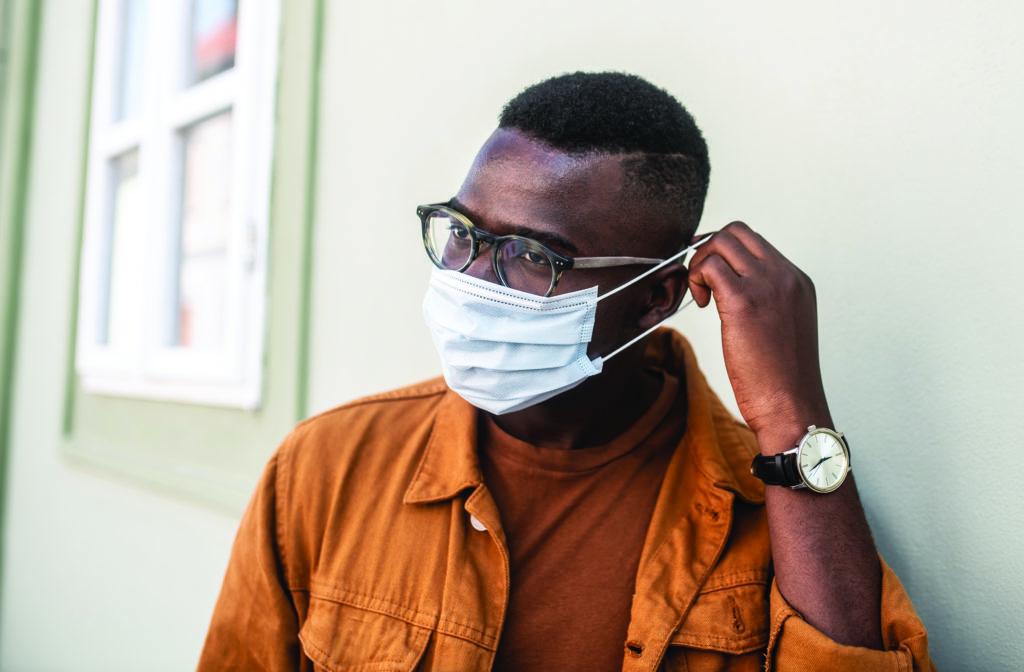Nursing & Healthcare News
Can You Get COVID-19 if You’re Fully Vaccinated?
The risk of breakthrough infection is extremely low

Although the COVID-19 vaccines are highly effective, there’ve still been some reports of post-vaccination “breakthrough infections.” Here’s what you need to know.
Running the Numbers
“Breakthrough infections” are new infections occurring AFTER a patient is fully vaccinated, which for COVID-19 means 14 or more days after the last recommended vaccine dose.
- Such infections appear to be extremely rare, and are expected with any vaccine.
- Ninety percent of the 379 new infections reported among the more than 36,000 UCLA and UCSD healthcare workers who received mRNA vaccine (Pfizer or Moderna) during this past winter’s surge occurred BEFORE the second vaccine dose.
- Just of the seven new infections reported in that study occurred 15 or more days after the second vaccine dose.
- The CDC confirmed 10,262 breakthrough infections in the U.S. through April 30, a small fraction of the more than 100 million Americans fully vaccinated by that point — about 1/100th of a percent!
There are undoubtedly more breakthrough infections that haven’t been reported — people with mild symptoms might not get tested, rapid turnaround antigen tests aren’t very accurate in asymptomatic cases, and the CDC is no longer monitoring cases unless they involve hospitalization or death.












